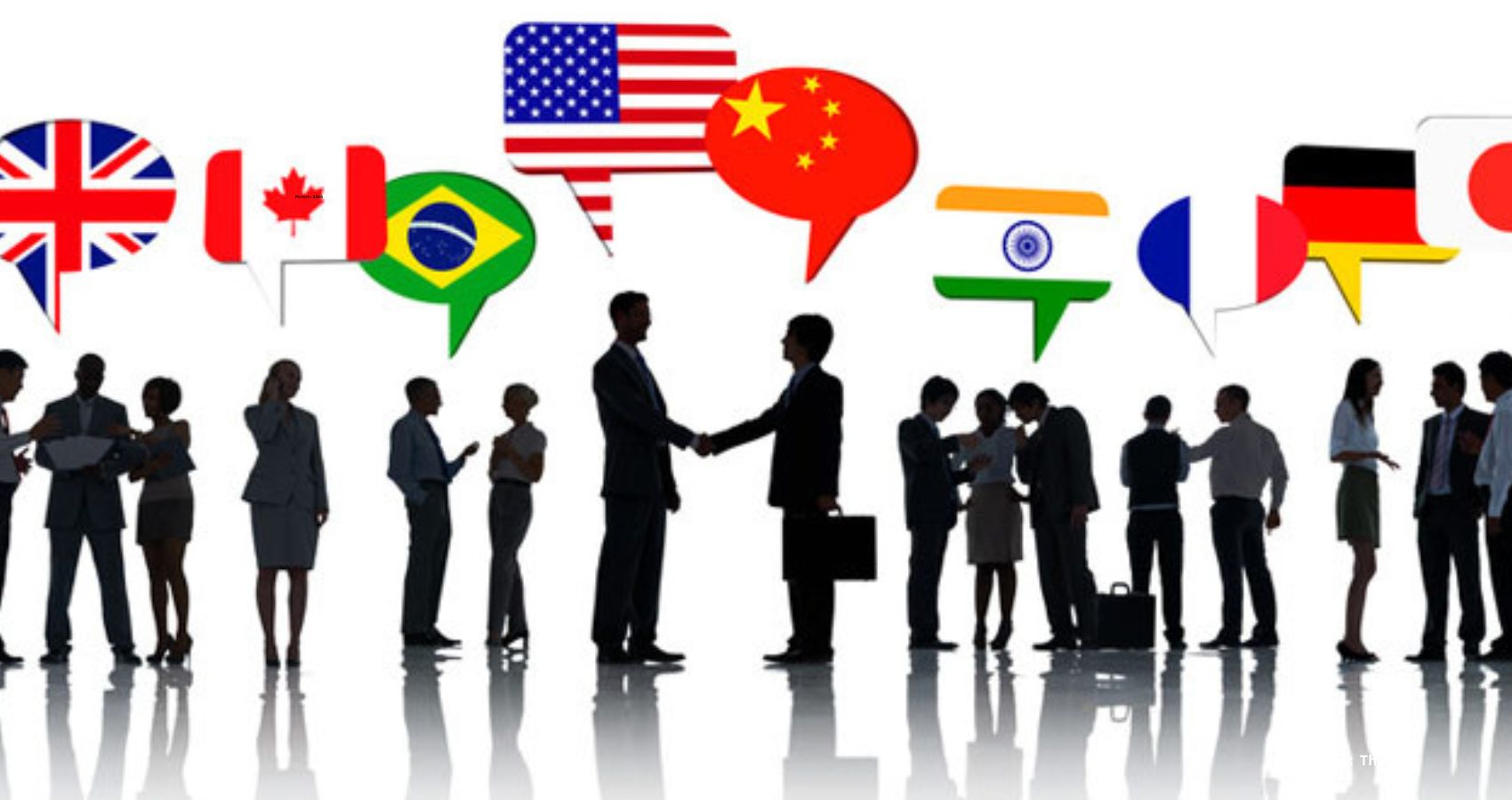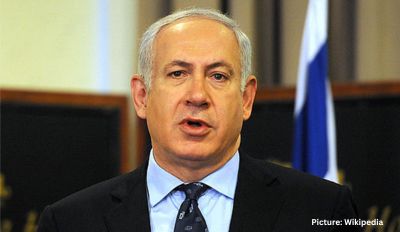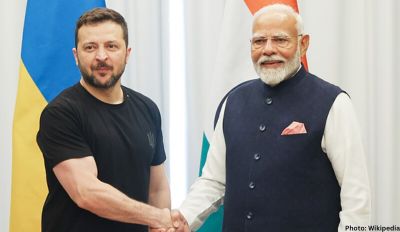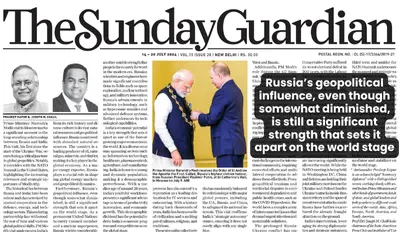In a multipolar, multi-discipline, multisource, and multi-requirement world, torque will play a predominant role in stability in international relations more than the centre of gravity.
The world has come to be defined as a global village. A village being the smallest social community living space, the world view of the day is significant in defining the close interactions in international relations at all levels. With such close cohabitation, interdependency cannot be homogenous across the spectrum and will be defined by specific requirements of nations leading to multipolarity.
World is One Family
“Vasudeva Kudumbakam” is a Sanskrit phrase found in Indian texts such as the Upanishads, of the Vedic era, which means “The World Is One Family”. The idea of the phrase remains relevant today as it emphasizes a global perspective, prioritizing collective well-being over individual or family interests. It encourages thinking about the welfare of others, fostering global solidarity. This ancient Indian concept is all the more relevant today when the world, in addition to the usual issues, is grappling to address crucial issues like climate change, sustainable development, and tolerance of diversity.
Global communications
Global communication such as satellites and the internet are redefining power in world politics in ways that traditional theories of international relations have not yet seriously considered. The most telling effect is the increased forced transparency in interactions between Nations. Information technologies since decades and Artificial Intelligence presently, have profoundly transformed the nature of military power because of emerging weapons systems dependent on laser and information processing.
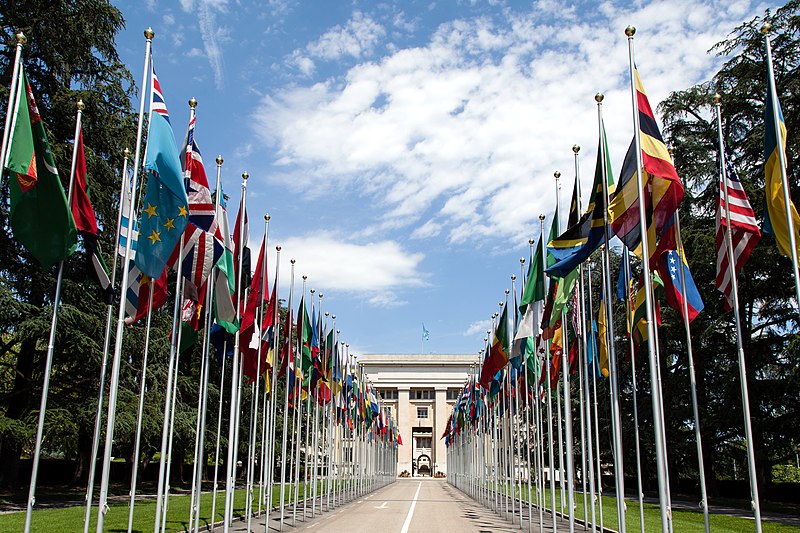
Then there are the satellites. The worries expressed by the West, on the recent launching of spy satellites by North Korea, is an example of how digital footprints have established an information power and deterrence similar to the nuclear power and deterrence of an earlier era.
Emerging technologies in communications have also had a profound impact on soft power such as ideological, cultural, or moral appeals. Although there is no hard or soft theoretical evidence on the dynamics, trends indicate that the latter is assuming increasing traction and importance.
Communities of affinity
International relations in politics and cooperation in security and economics, through government, businesses and nonprofits develop cooperative exchanges between nations and benefit commerce, security, quality of life, and the environment. Today’s world is richly connected and complex and for stability, there is a need for a globally oriented perspective on issues that transcend international boundaries. Exceptional economic integration, unprecedented threats to peace and security, and an international focus on human rights and environmental protection all are subject to the complexity of international relations in the twenty-first century.
Global communications, powered digitally, are empowering hitherto dormant groups and voices in the international community. Their voices have created an ecosystem for the contestation of new political, economic, and, more tellingly, cultural boundaries. The interactive and instant nature of these communications has created large perceived moral spaces for exploring changing values among communities of affinity rather than geography.
Surge of nationalism
Nationalism is both omnipresent and elusive. It pervades global behavior and can be seen as both a conservative and a revolutionary force. It attacks the status quo such as populism and authoritarianism. Nationalism calls for allegiance in a nation greater than other groups that may be based on religion, political leaning, or other socio-economic groups.
Nationalism is perceived as seeking distinction from other nations. It gives preference to political representation striving to preserve the nation by the nation for the nation. Nationalism can be dormant including legal immigrants and minorities or a problematic, infectious, escalatory, and overtly violent nationalism to exclude minorities, endangering stability. At the end of the day, the fresh thought of nations for the nation with slogans such as “America for Americans” and “Make in India’ and the spirit behind them in vibrant democracies cannot be faulted.
Conflicting relationships
As late as the end of the Second World War, the world was divided into two camps – the Allied and the Axis. In the succeeding decades, the Cold War set in and the communist bloc came into being as a powerful section under the leadership of the erstwhile USSR. On the opposite side was the West, including the vanquished in war, under the economically fast-growing influence of the growing [power of the USA.
Over the last few years, all of this changed, especially after the disintegration of the erstwhile USSR. Here are a few samples of conflicting relationships in the world today, if you may. Iran and Türkiye are together against Israel but on opposing sides against Armenia. Türkiye, while spewing venom against Israel, does not want to cut economic ties with it. China is “neutral” in the matter of the Russian invasion of Ukraine but wants a close economic relationship with the USA who, as part of NATO, are wholly behind Ukraine.
Issue-based relationships
A system is said to be in stable equilibrium if, when displaced from equilibrium, it experiences a net force or torque in a direction opposite to the direction of the displacement. By the laws of physics, there can be no stability without tension. Would you say that going forward the world will see stability in contradictory multilateral relations rather than gravitating towards any particular permanent bloc?
In an environment where the practice of international relations is valuable in their own respective space, in a wide array of settings, and differing players distinct from each other, the requirement for stability is varied and independent of each other. The kaleidoscope of such relations is explicit in areas of trade policies between nations, travel related to business, tourism, and immigration, providing people with opportunities to enhance their lives. These different spaces help nations to cooperate to pool resources, and share information as a way to face global issues that go beyond any particular country or region in that particular space.
In a multipolar world, the relationships will be defined by the requirements in each separate space like security, economy, etc rather than gravitating wholesome to defined blocs.
(The author is an Indian Army veteran and a contemporary affairs commentator. Views are personal. He can be reached at [email protected] )
Read more at: https://www.southasiamonitor.org/spotlight/changing-world-order-international-relations-will-be-more-issue-based-bloc-based

